
Read all about it – Quebec online gambling licensing is on the card to follow in the footsteps of Ontario. But what are the pros and cons? (Photo by Artur Shamsutdinov on Unsplash)
After reporting impressive Ontario iGaming revenues, it was always on the cards for more provinces or territories in Canada to take note and possibly follow suit. Well, that scenario already has cogs turning in as there is now a push to bring a Quebec Gambling Authority online.
Loto-Québec’s Mise-o-jeu, a sports betting site, currently has a monopoly on the market, but a coalition of well-respected brands is out to bring a change to the current setup. A point that 71% of respondents in a survey of Quebec citizens also agreed needs changing. The sentiment was they feel the province should allow private companies to offer online gambling.
In order to push forward the plan for a Quebec Gambling Authority, an alliance called the Quebec Online Gaming Coalition (QOGC) is now in full force. And when you see the gambling entertainment brand name involved, this is no joke. There’s some real clout when you consider Bet99, Betway, Draftkings, Entain, Flutter Entertainment, Games Global, and Rush Street are part of the group.
The Current Ontario gambling market: You can find an Ontario casino online here. This guide also offers information covering gambling platforms under the MGA and Curacao licensing. A Quebec gambling market will likely look very similar.
A Quebec Gambling Authority Will Change Canadian Online Gambling Landscape
Quebec has the second-highest population out of all Canadian provinces and territories. It is also the largest province with a total population of 8.7 million, while Ontario has a population of 14.7 million. And, if we look at the US gambling markets like Delaware with just 1 million and West Virginia with a little over 3.5 million people, smaller markets can still show immense success. Even New Jersey has a little over 9.5 million, so there’s certainly a profitable market in the making in Quebec.
I have to say, I am not surprised they are making a push for deregulation in order to change the Quebec online gambling industry from one that is currently monopolized.
For one, Canada is supposed to promote a free market throughout. Secondly, these companies see the chance to make a buck or two as the Ontario iGaming market has already proved so lucrative. Plus, all these brands are operating under the Alcohol and Gaming Commission Ontario (AGCO).
The catalyst to more localized licensing in Canada? It would be a fair bet to say that should the QOGC be successful in its quest for a Quebec Gambling Authority, other provinces and territories are sure to follow.
The Best Canadian Online Casinos
(My Personal Top 10)
| Casino Name | Licensing |
|---|---|
| LeoVegas Casino | AGCO & MGA Licensing |
| Wildz Casino | AGCO & MGA Licensing |
| 888 Casino | AGCO & MGA Licensing |
| Stake Casino | Curacao Licensing |
| Wheelz Casino | AGCO & MGA Licensing |
| Conquestador Casino | AGCO & MGA Licensing |
| Casumo Casino | AGCO & MGA Licensing |
| LVBet Casino | MGA Licensing |
| Energy Casino | MGA Licensing |
| Europa Casino | MGA Licensing |
Are all in Favor of Allowing Private Gambling Companies into Quebec?
Of course not. You probably already knew the answer to the sub-title of this section already. Firstly, Loto-Québec’s Mise-o-jeu monopoly on the market is something the online gambling site will likely not give up easily. However, the organization could be swayed if the right deal is on the table.
Then there are the software providers and operators who already quite happily serve the Quebec gambling market through other licensing authorities. Take my top 10 online casinos in Canada listed above as an example. I don’t see Rootz (Wheez and Wildz), 888 Holdings (888Casino, 888Sports, and 888Poker), or Ceasars Entertainment (LeoVegas) in the QOGC alliance. All of these are considered some of the most trustable online casino platforms in the world, so they really don’t need the extra expense of a new licensing authority in the province. Maybe there is a reason for this?
Also, software providers already operating as iGaming Ontario B2B iGaming supply companies may not want to pay for another license. Wazdan, Pragmatic Play, Play’n GO, Playtech (part owner of the NorthStar Bets in Ontario), or any other major game developers joining the QOGC. Again, maybe there is a reason for this.
My feeling is these companies are either on the fence or simply don’t want to pay additional fees and also bear the expense of having to go through more regulatory compliance testing and monitoring.








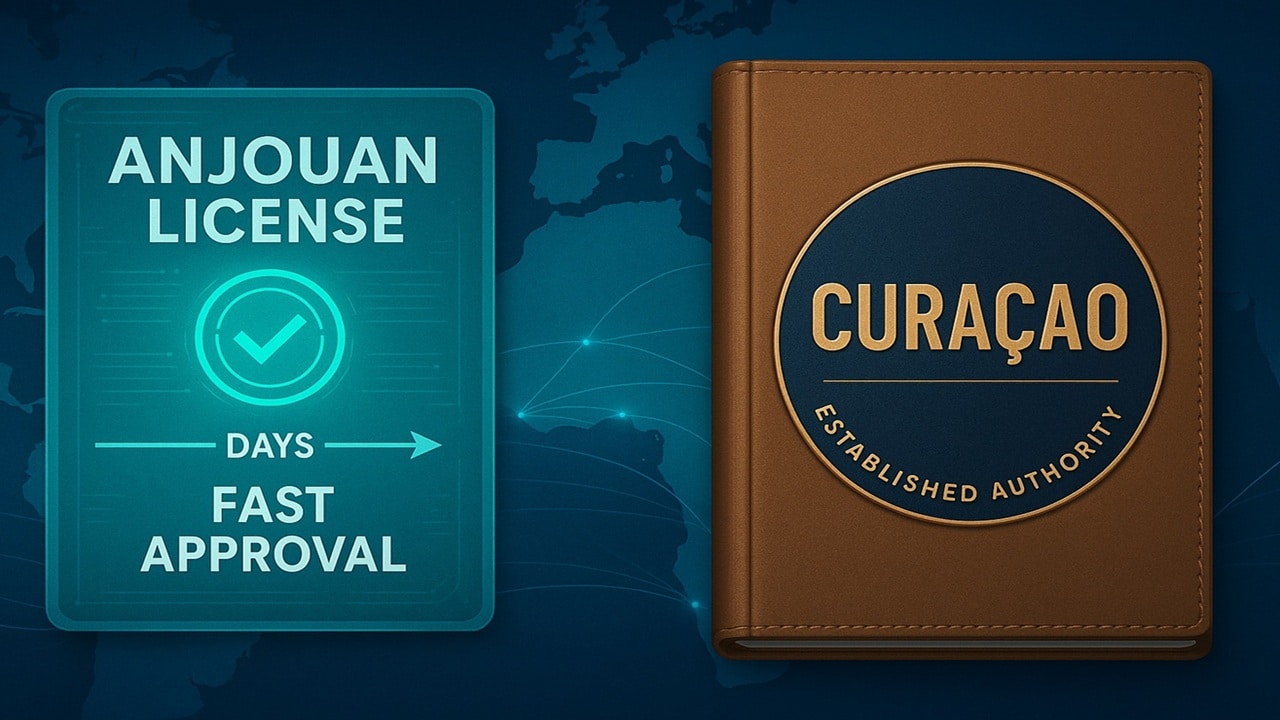

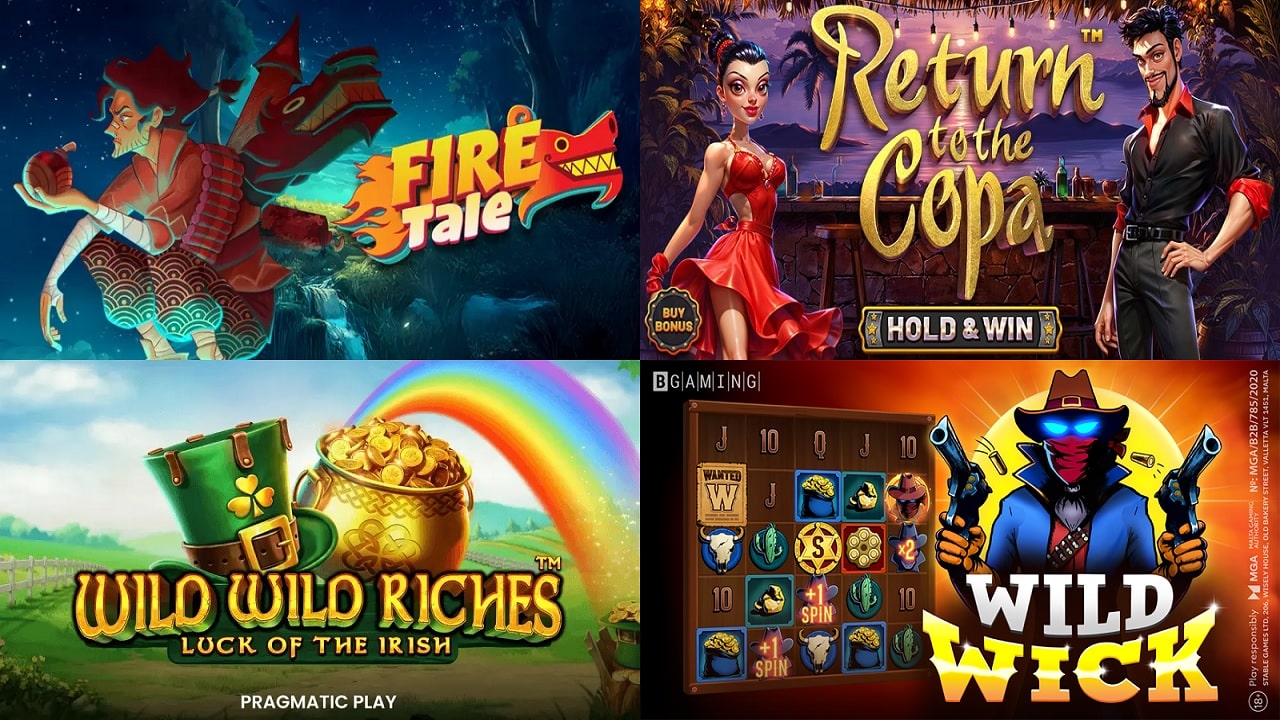
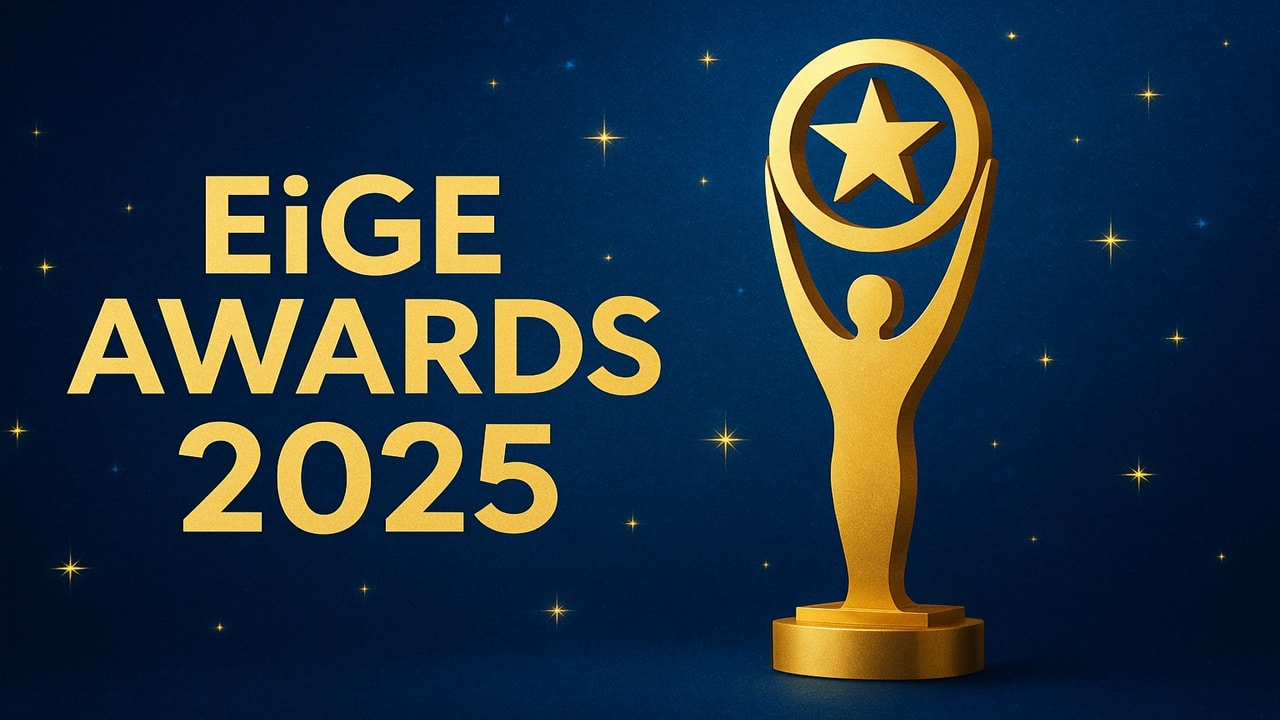

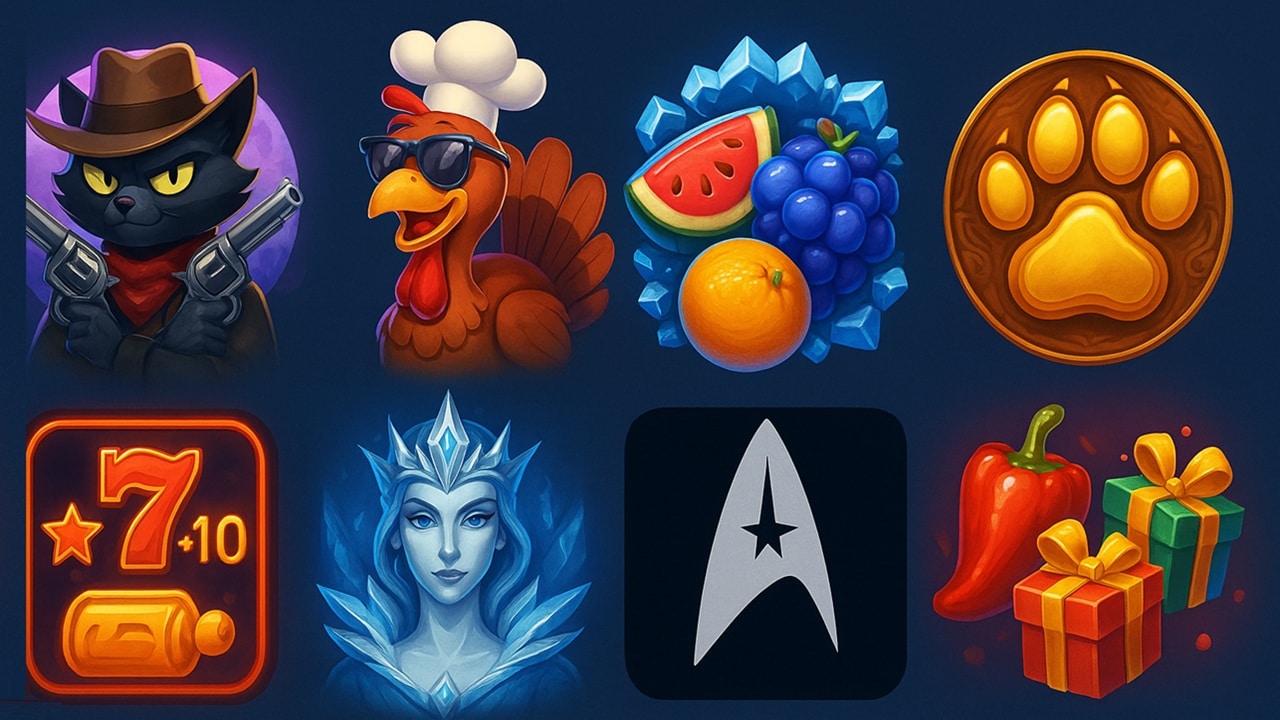

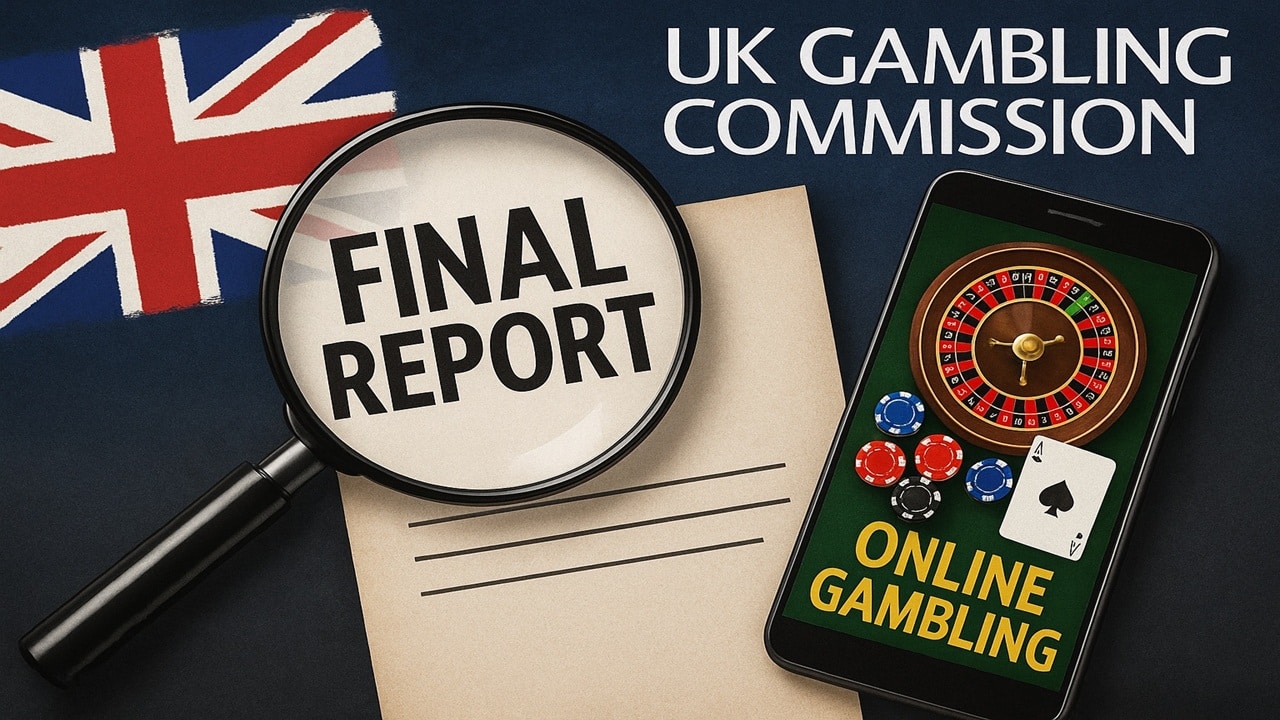

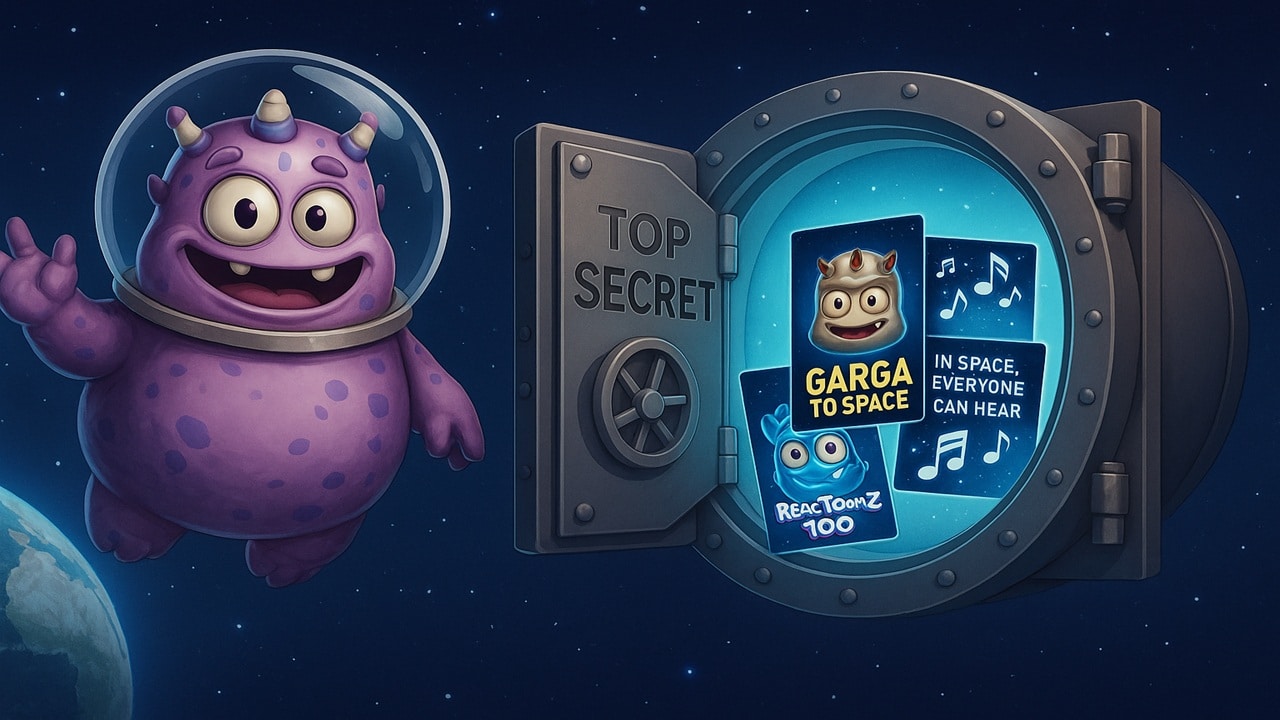
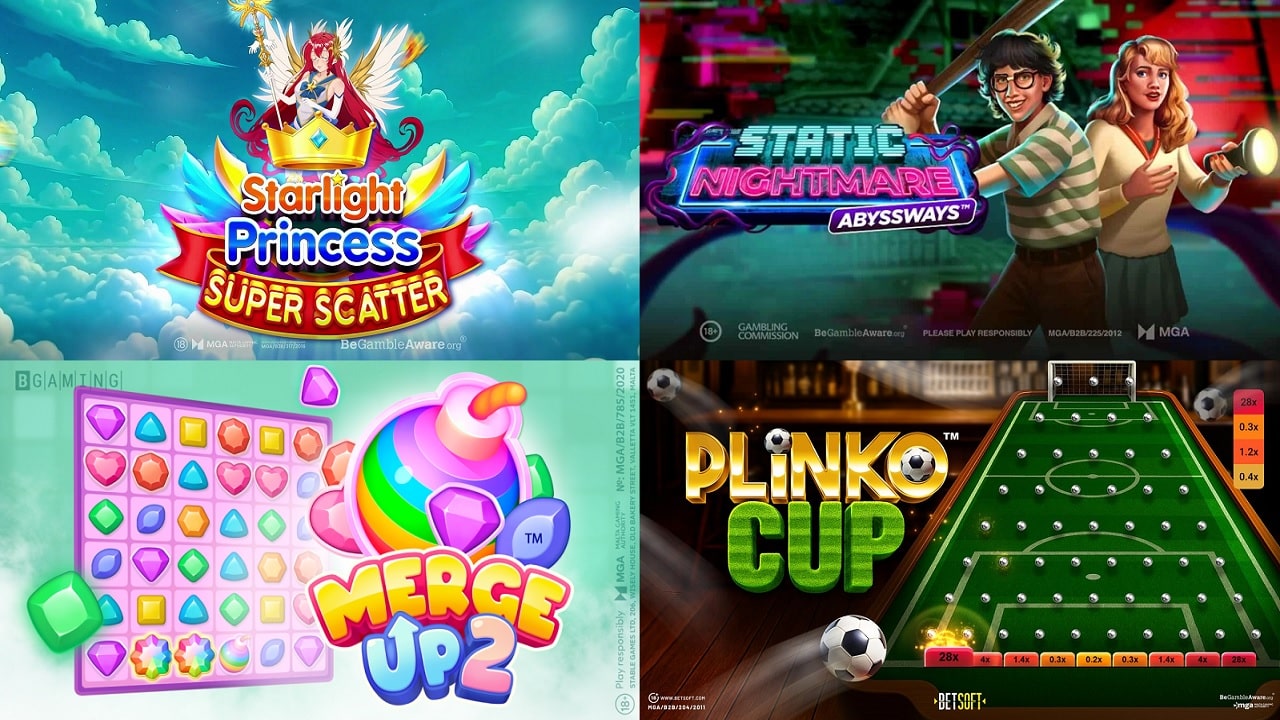
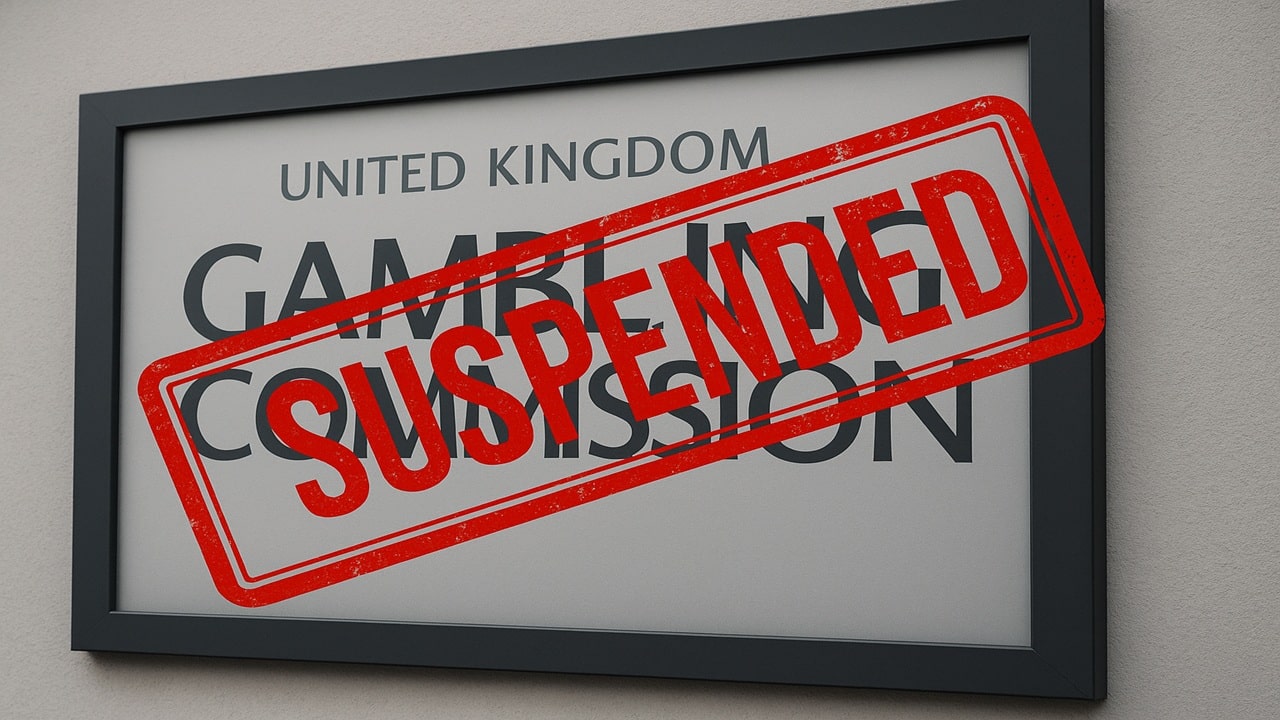
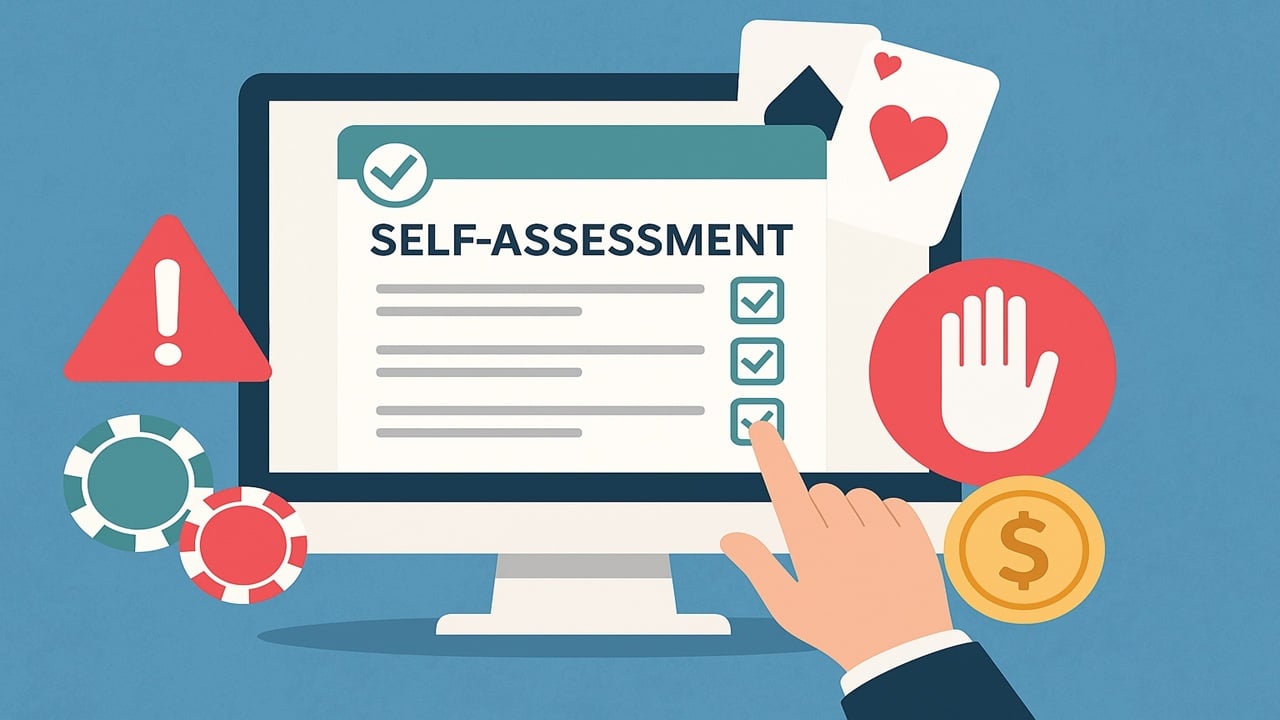

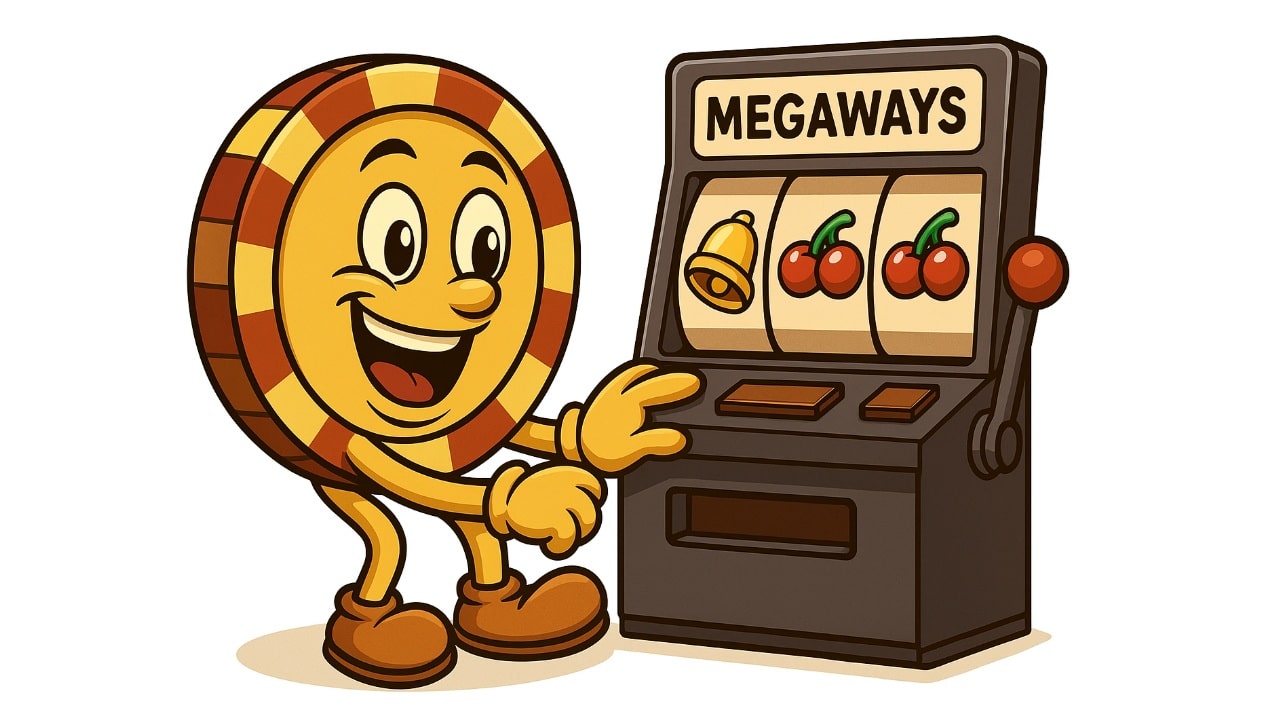
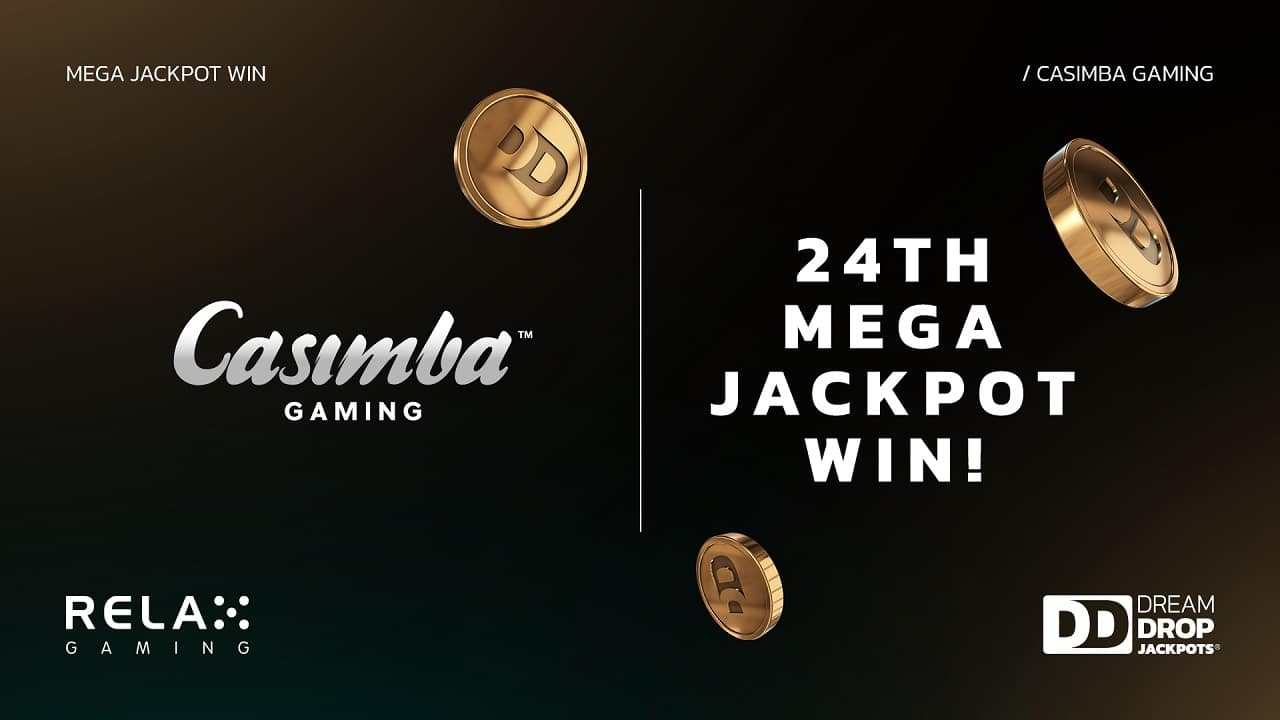

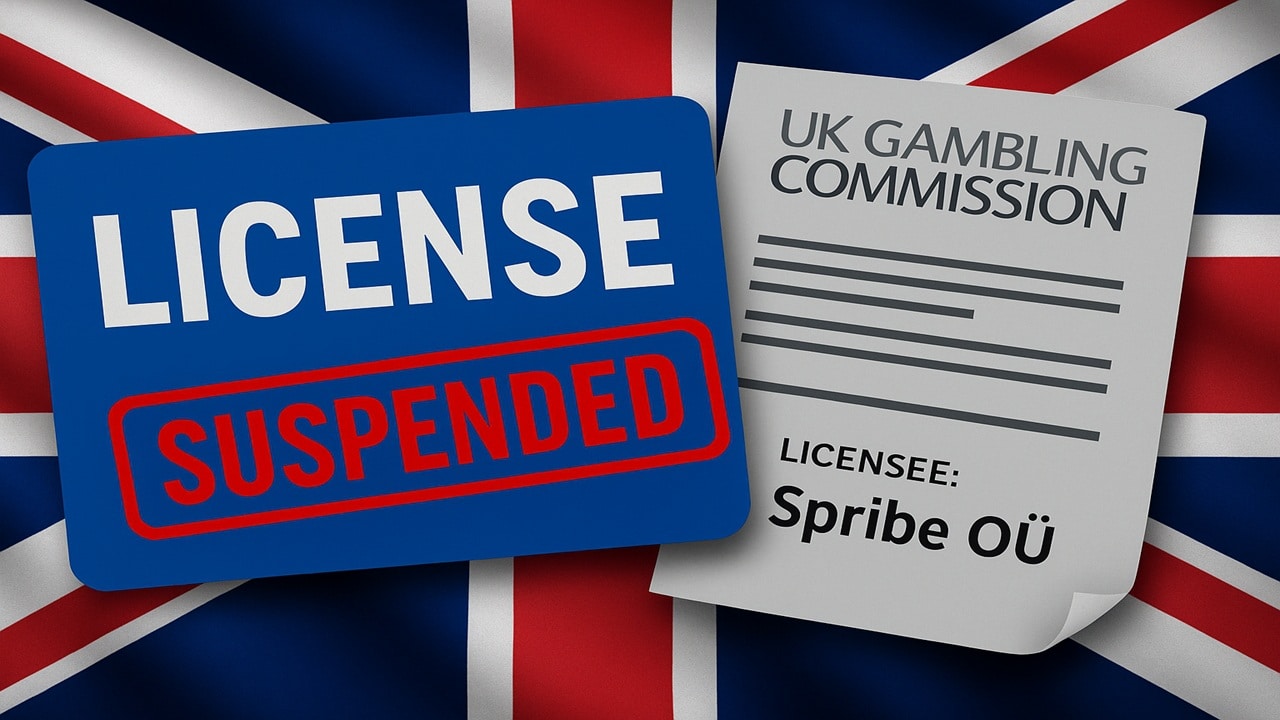
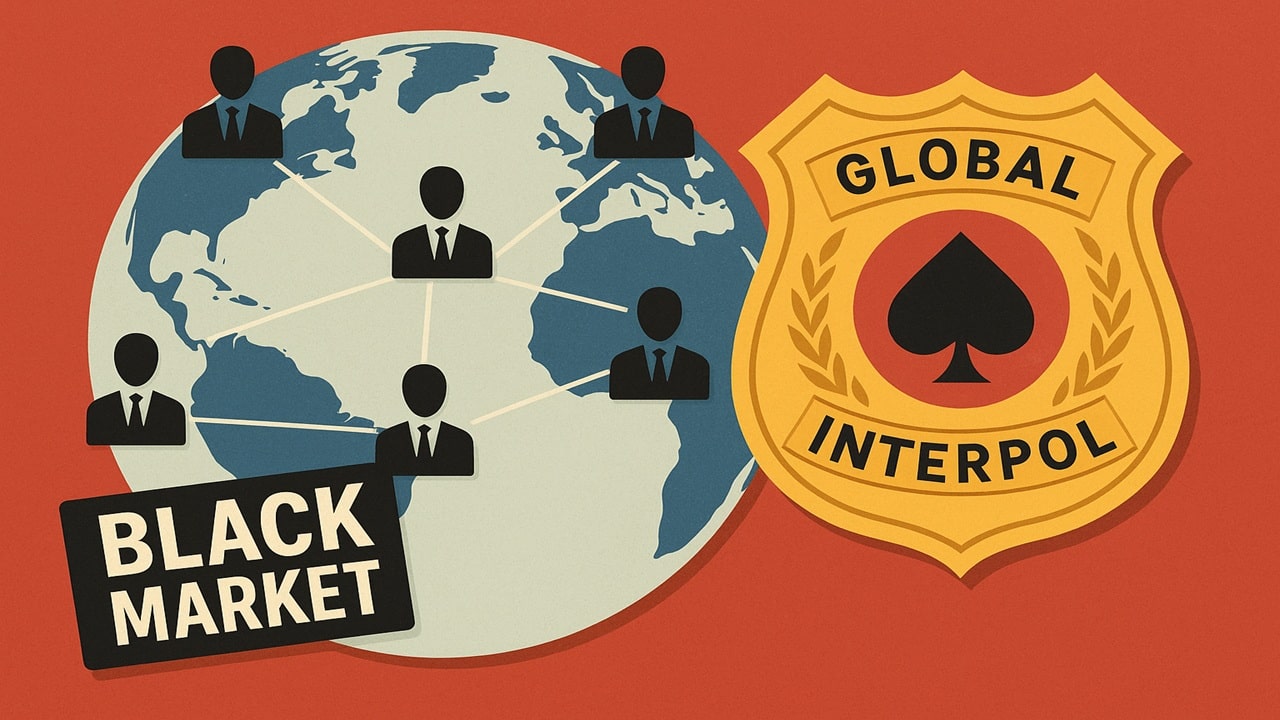

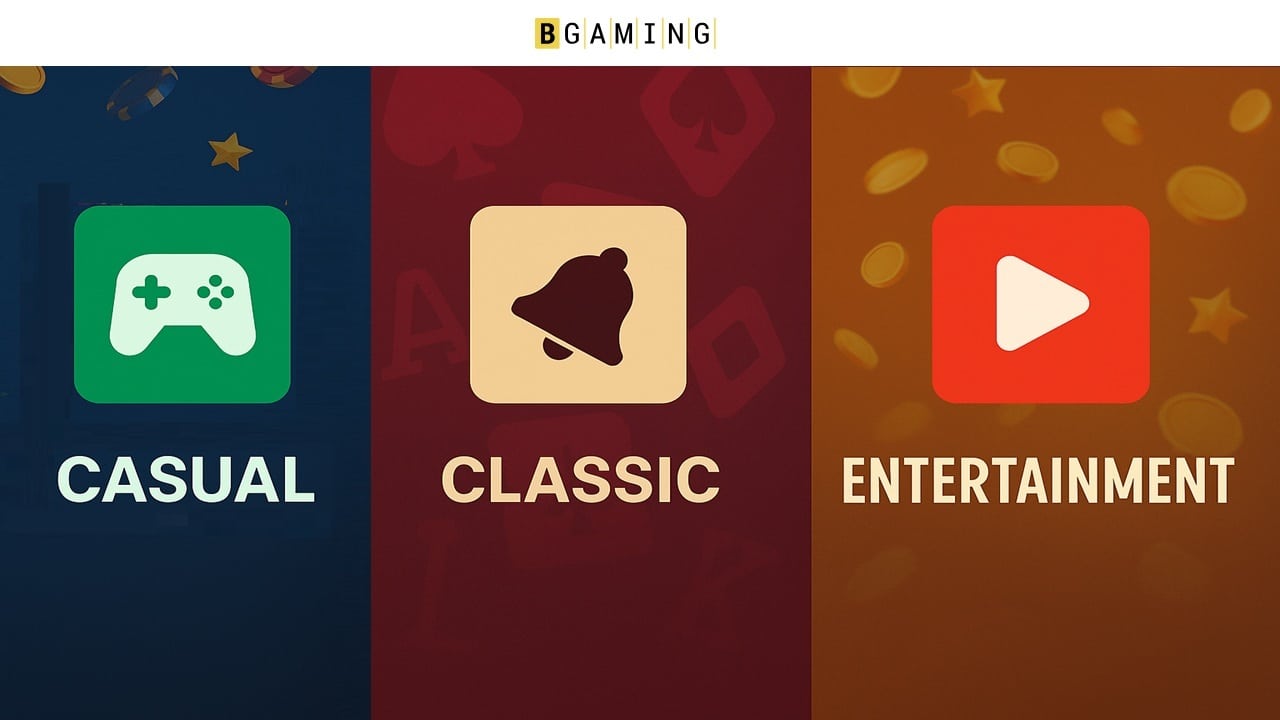
Leave A Comment